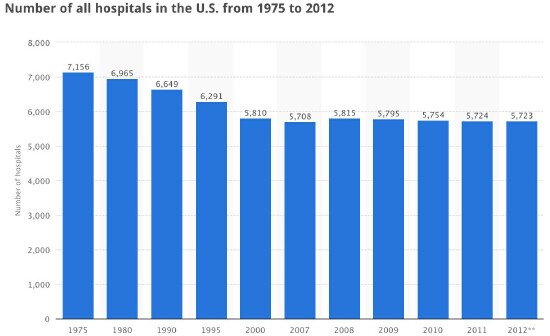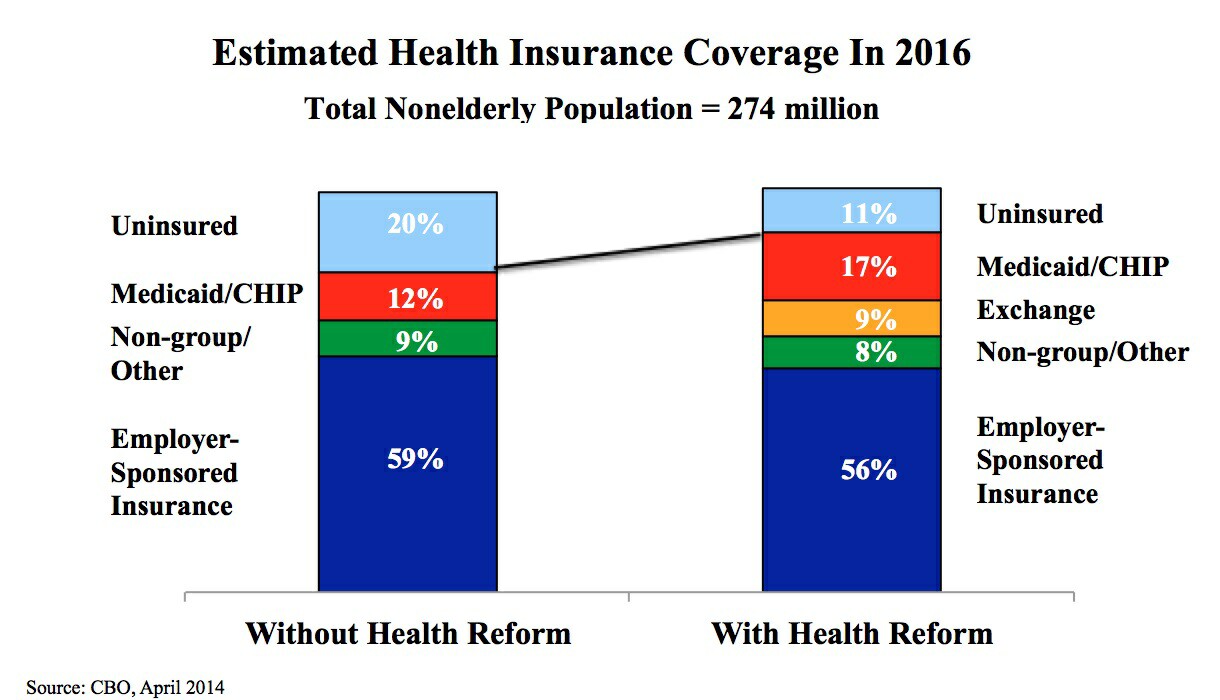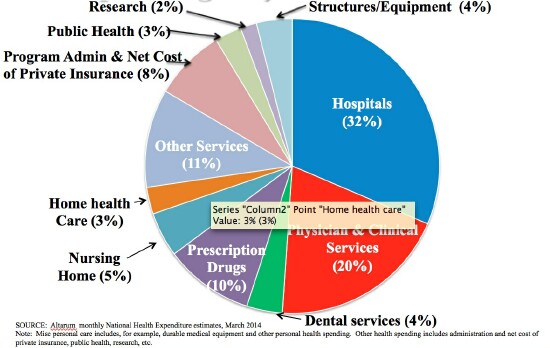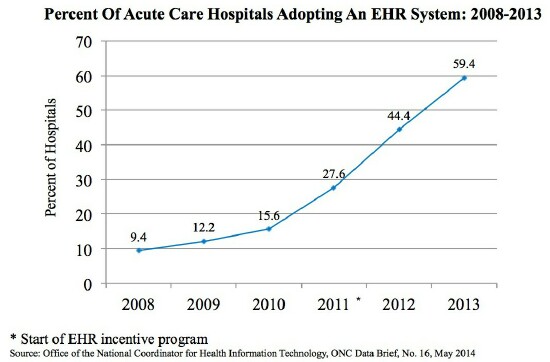Hospitals Are the Key to Healthcare Reform – Levi Shapiro

Interview with Chip Kahn, CEO of Federation of American Hospitals
US elections are six weeks away and “Obamacare” is the wedge issue of the 2014 campaign. The Republican controlled majority in the House has voted 55 times in four years to repeal the Affordable Care Act. However, the $3 trillion (and growing) American healthcare system absorbs nearly 1/5 of total GDP, triple the allocation of some other OECD countries. Hospitals represent the largest component (32%) of this spending. Chip Kahn, CEO of the Federation of American Hospitals, the industry association representing 6,000+ hospitals in the US, discusses healthcare payment changes and the potential for IT disruption.

The US healthcare sector, accounting for nearly one fifth of GDP, is undergoing systemic reform. The Affordable Care Act (“Obamacare”) is part of a broader initiative to increase coverage and improve outcomes. Despite initial technical setbacks and the limited number of states that enacted expanded eligibility for federal/state Medicaid programs for lower-income individuals (currently 26 states and the District of Columbia), by 2016 ACA is on target to reduce the number of uninsured Americans from 55 to 30 million.

The health reform law directly links payment with patient outcomes and efficiency of service. FAH estimates that by 2017, 8% of base DRG payments may be at risk as hospitals are expected to implement the following: Electronic Health Records, Quality and Value Improvement and Patient-Centered Care.
"This rewards high performers and directly impacts revenue," says Kahn. "The environment has become much more accountable. Information is critical to minimize penalties and avoid revenue loss for failing to meet quality and efficiency standards."

According to Kahn, “This represents an opportunity for Israeli technology companies. IT systems across the ecosystem require much better coordination and integration. There is plenty of room for smaller companies to provide auxiliary services that enable better inter-operability."
While the political debate has focused on Medicade expansion, most coverage in the US is employer-provided, and more and more employment-based plans are requiring individuals and their families to pay higher deductibles and bear more of the initial cost. This responsibility for upfront dollars is having an enormous impact on consumer behavior. "This has significant implications for IT startups, as consumers need better tools to enable efficient use of the healthcare system."
Within a few years, Kahn anticipates there will be physician and hospital based comprehensive records for every American. Already, the health information for three out of five Americans is contained in an Electronic Health Record.

"Treatment will be incredibly enhanced with an immense body of information available to the caregiver," Kahn says. "There will be greater decision support to better inform physicians. Some of this will depend on technologies that enable the seamless free-flow of information and inter-operability among different care-giver groups.
"With so many more people accessing coverage and preventive services, there will be a material health effect on the population. Over time, management of care across the continuum will improve. However, there may still be about 8% of Americans without health coverage in 3-5 years. This, combined with higher out-of-pocket costs for many Americans, will cause significant social impact. The use of Big Data will enhance our knowledge about what care actually works and what factors demonstrate the need for different kinds of care. I see tremendous possibilities for the future."
Levi Shapiro is a Partner at TMT Strategic Advisors, a research and strategy firm focusing on the technology, media and telecom sectors. He can be reached at levi@tmtstrat.com or via twitter: @levshapiro
Read all Levi's MediaBizBloggers commentaries at Unleavened Media.
Check us out on Facebook at MediaBizBloggers.com
Follow our Twitter updates at @MediaBizBlogger
The opinions and points of view expressed in this commentary are exclusively the views of the author and do not necessarily represent the views of MediaBizBloggers.com management or associated bloggers. MediaBizBloggers is an open thought leadership platform and readers may share their comments and opinions in response to all commentaries.


